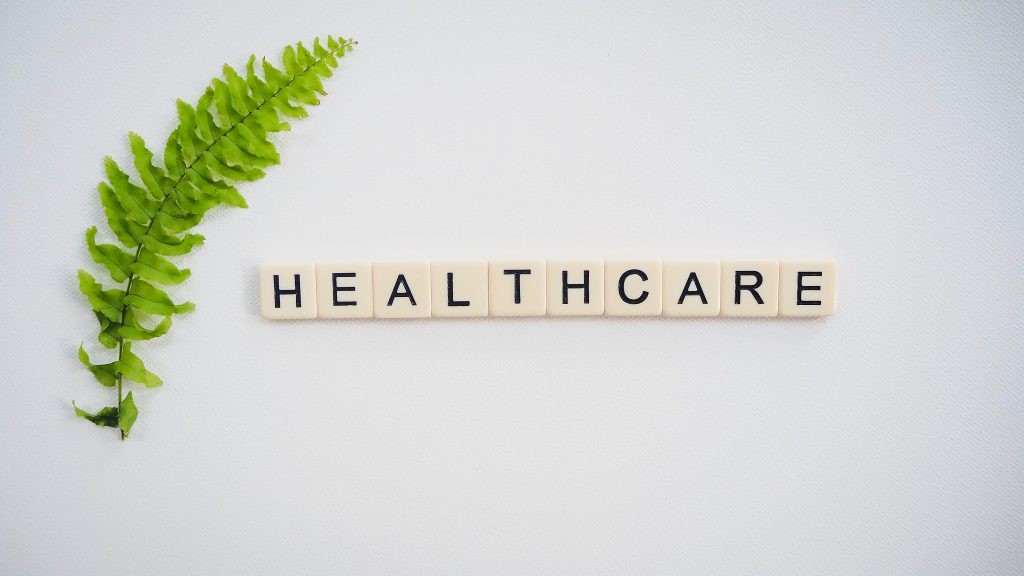As we made it into the first part of this new year, many people have been planning their yearly resolutions. Everything you want to do better than the previous year. Most of the time, these are dramatic changes like an intense exercise routine to get fit, a packed calendar designed to get the most out of life, or instructional guides and recipe books for new diets and other things. Most of these resolutions are all about feeling better, but they also usually focus on physical changes and making big plans.
If one of your new commitments includes improving your mental health, however, you might consider shifting your focus to the minute details of your day to day life. By implementing a few minor changes to your daily routine, you could see a large positive impact on your mental health over time. The ideal daily routine will be different for everybody, but these habits are great all purpose suggestions for anyone looking to improve their mental state in 2020. Try them out and see what works best for you, or develop your own strategies using these as a base!
Start your day with a quick morning workout.

A great way to begin every morning is by getting your blood pumping with a quick energizing workout. Not only will this possibly allow you to achieve some of your other goals of physical fitness, but exercise offers a helpful boost to mental health. Moving around in the mornings, even for just thirty minutes, can be enough to increase endorphins and otherwise boost your mood throughout the rest of the day. While it isn’t a one-stop solution by any means, getting this activity in is one way to reduce the symptoms of anxiety and depression.
To get started implementing this daily exercise habit, try setting your alarm clock just a little bit earlier. You don’t have to worry about carving out enough time for a trip to the gym everyday. Thirty minutes of a home workout or even spent taking the dog for a walk is enough to get the benefits. If a morning workout just absolutely doesn’t fit into your schedule, a later time of day also works.
Include something you personally enjoy every day

We all have our commitments and responsibilities, but an excessively busy life will bring anyone down. If you forget to make time for yourself, you never give your mental health a chance to improve. No matter how important you believe all the other tasks that you are stressing about to be, your mental health is just as important. It’s worth it to put aside some time everyday to do something that you personally really enjoy, whatever that may be.
As long as the pleasurable activity you choose is still healthy, it’s completely up to you how you practice this self-care. You might treat yourself to a walk through appealing sights, relax with a warm bath or a good book, or practice a favorite hobby such as dancing, cooking, or drawing. Whatever you decide to do, just do it for you and for the boost to your mental health.
Change Up Your Dinner Plans

Everyone needs to eat, but how and when and who with? These could potentially impact your mental health, so be conscious of how you go about filling your stomach and make positive changes accordingly! Some people get their energy from more social events. If that’s you, make time to eat with friends or family when possible. A good meal spent with people whose company you enjoy can provide a solid, healthy break for your mind and mood.
If you prefer to go solo, consider taking yourself out somewhere nice or to a healthy new spot and enjoy a bit of peace and quiet. The idea here is to take advantage of a necessary event, turning it into a positive mental experience as well. You could even switch it up. Maybe you love social outings, but need some time to cool down and relax on your own with a big bowl of soup. Or if you like to eat alone, it could be a nice change of pace to invite a close friend to your favorite spot for lunch.
A mindful and aware approach to something as routine as your dining habits can play a big role in your mental health over time. Letting time pass without consideration is an easy way to slip into negative mental habits, where things become simply necessary or commonplace to the point that you don’t find joy in them. Of course, everyone will experience this differently, so you could even just take some time to think about how you experience mealtime and that may be the nudge you need to consider a healthier, happier way of doing things going forward.
Reflect Back on the Day

Reflection is an important part of how we develop our relationship with ourselves. Slipping through the day on autopilot is a painfully regular experience for many people, and a routine may be good or bad for you depending on how you approach it. Reflection on your own, or with friends or family can be a great way to really take stock of your day to day and better understand how and why you feel the way that you do at the end of the day.
A proven way to tackle this task is by keeping a journal. What you do with that journal, whether it’s writing, drawing, or making lists, is up to you. The activity should provide a channel to express thoughts and emotions that might have gotten tangled up throughout the day. This is a great exercise for your mental health for several reasons. It gives you the space to track your moods and experiences, recall positive experiences even if they’re small, or recount all the progress you’ve made to remind yourself that life is still moving forward.
Reflection is a solid single point experience for the reasons listed above, but if you develop a habit of reflection, it becomes easier to recognize all the positive or influential experiences you have throughout the day. Over time, this practice can develop into a positive and more aware relationship with your personal experiences, improving or at least informing your own understanding of personal mental health.
Doing More for your Mental Health

A daily routine that includes time for each one of these activities is an optimal one for mental health. However, some minor changes in the schedule of your days may not be enough to overcome major mental health struggles. If you’re experiencing symptoms of depression, anxiety, or another mental health disorder, you should seek the help of a trained professional.
A mental health professional can help create a personalized plan that goes beyond a few daily habits and directly addresses your mental health issues. While the ADHD Wellness Center specializes in ADHD, we are available to help anyone looking for help with their mental health. We have years of experience working with patients in need of mental health support, and we can provide you with the resources and recovery support you need as well. Don’t hesitate to reach out.



